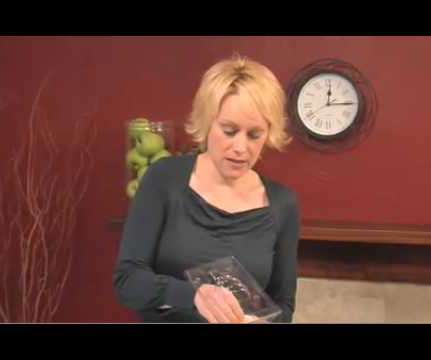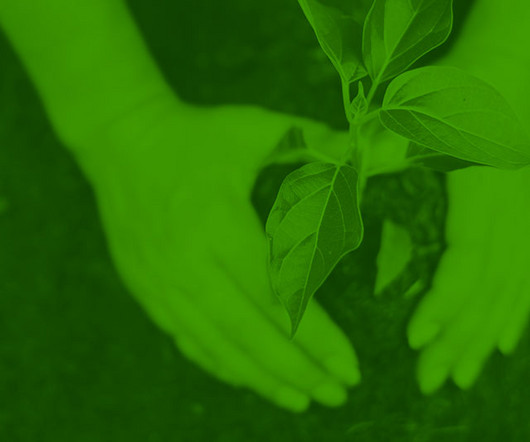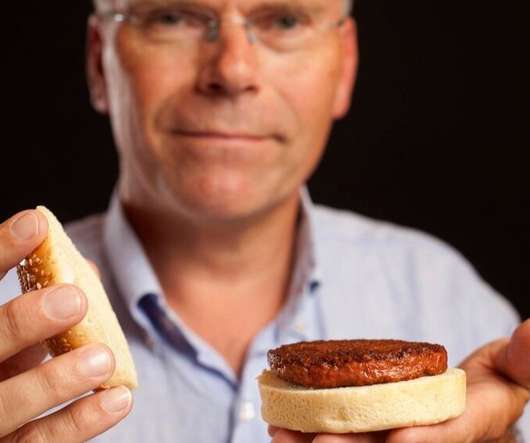Reduce your holiday waste with recyclable wrapping paper
AGreenLiving
DECEMBER 20, 2021
Wrappily’s designs are made with gentle, soy-based ink. The Wrappily storefront even has gift tags. Amazon and many national chains have started to carry Wrappily to offer an Earth-friendly option that’s not like other wrapping paper available on the market. A piece of newsprint can be recycled up to seven times.















Let's personalize your content